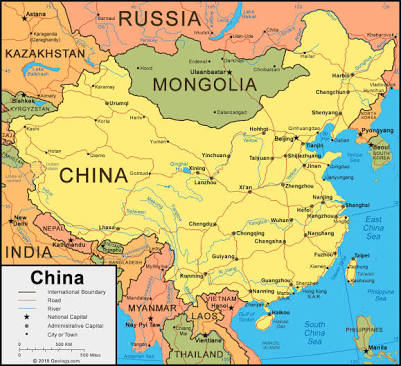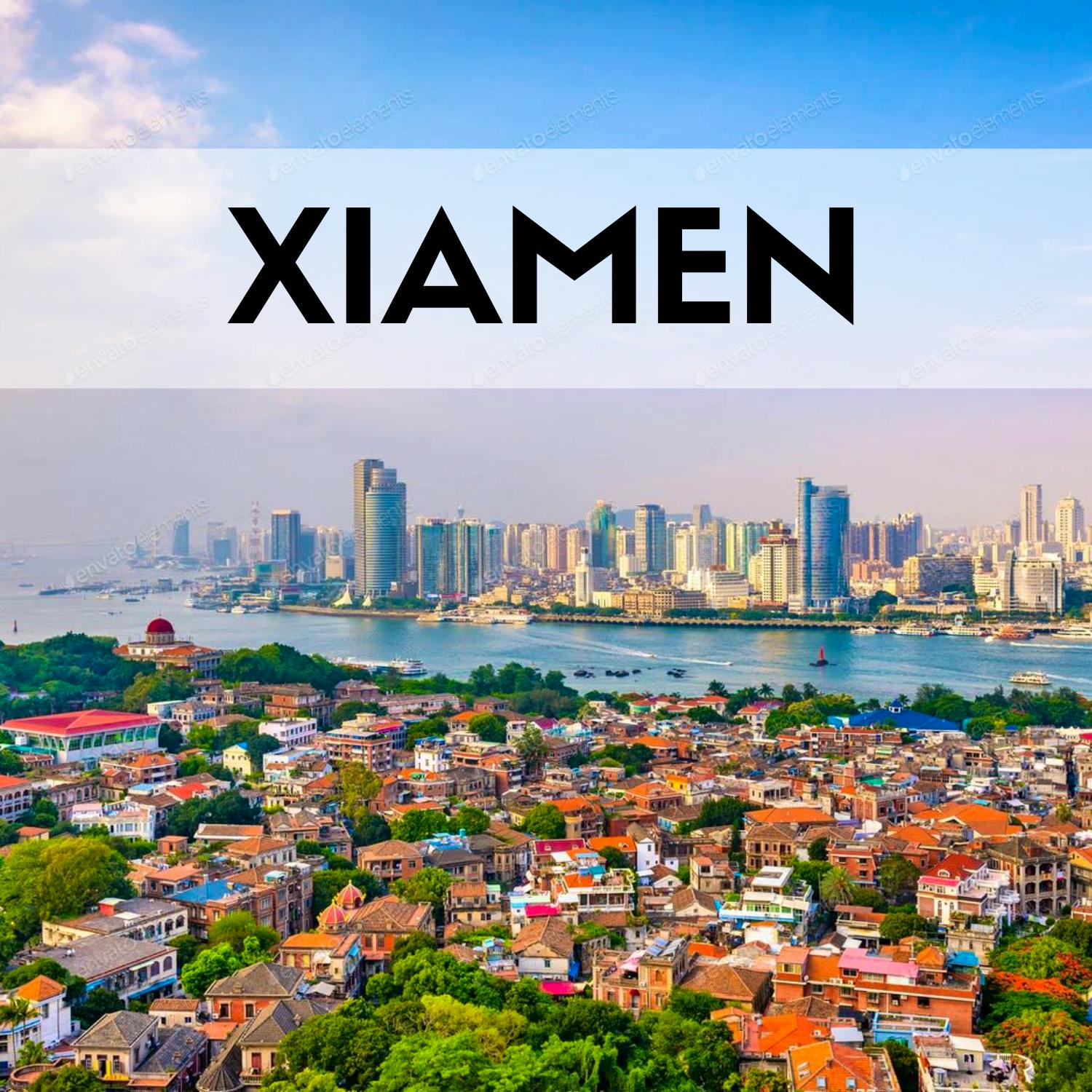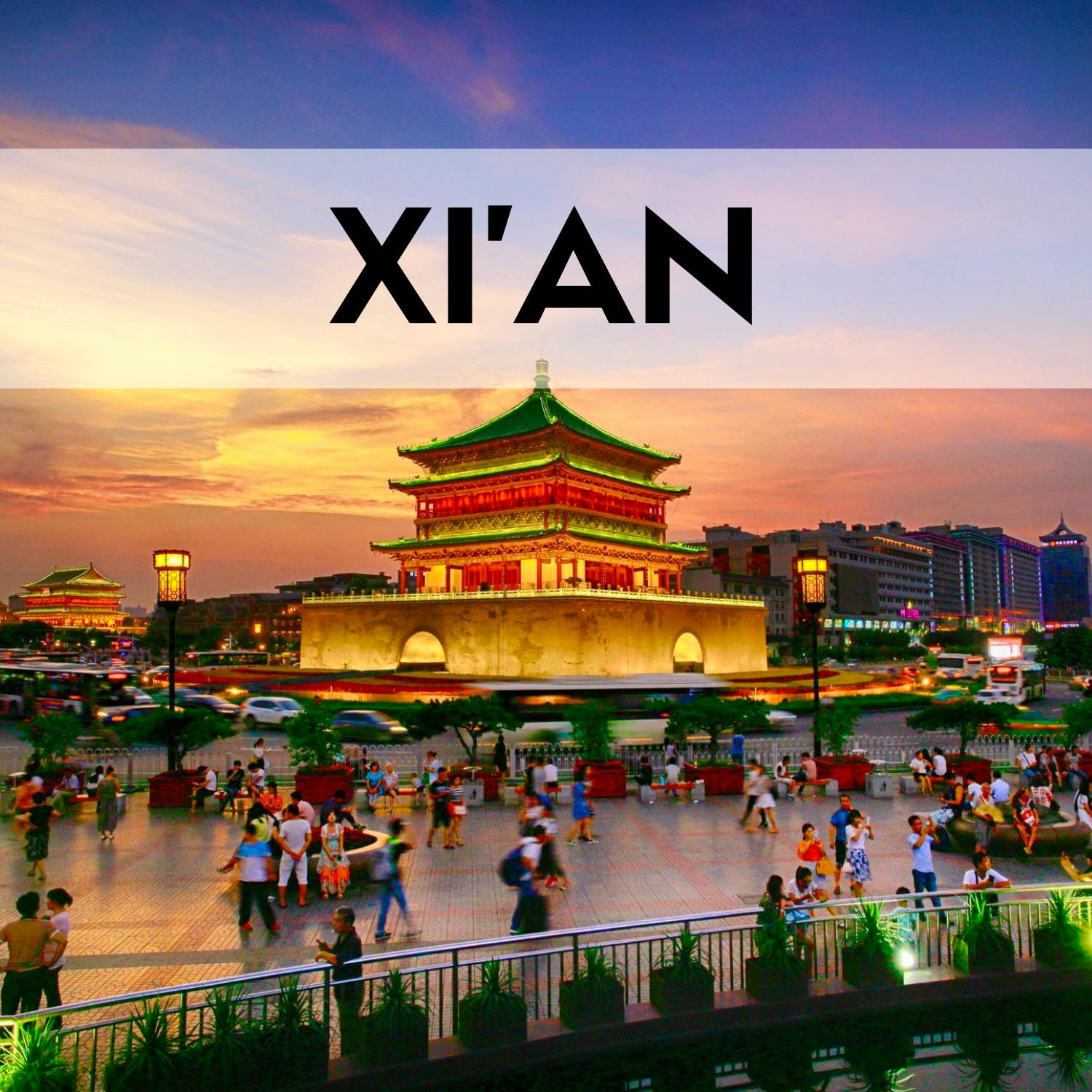
Choose the Best City in China
Planning to study in China but don’t know where to start? What are the best cities in China for international students?
Before you read more, do check out our Ultimate Guide to Studying in China
The first step is to choose a city in China that best fits your goals, needs and lifestyle. With the country’s diverse culture, language and geography, you have plenty of options in your hands.
Choose a Chinese City
You can also select cities specifically to study Chinese:
Cities in China
There are many top cities in China for international students, but which one is best for you?
China is home to some of the largest cities in the world. Called Megalopolises, these cities have more than 10 million residents–Shanghai, Beijing, Guangzhou, Shenzhen, Chengdu, Tianjin, and Chongqing all have very large populations, huge size, and thriving urban culture.
There are also smaller cities in China with fewer than 5 million people. Studying in these smaller cities will give you all the benefits of urban life like convenient shopping, travel, and public transport, but have fewer foreigners and a chance to observe Chinese culture up close. Kunming, Suzhou, Ningbo, Xiamen, Wuxi, and Weifang are just a few of these cities.

China also has incredible geographic, climate, and biological diversity. From southern China’s beaches and jungles, to the deserts and towering mountains of the west, to the dry and snowy north, you can experience some of the most diverse climate on earth.
6 Deciding Factors To Consider When Choosing A Chinese City
1. Universities
Since your goal is to study in China as an international student, this should be number one your list. What are the big three Chinese universities on your list? What subject area do you want to study? If you want to study in international universities, Shanghai and Beijing houses many universities of this kind.
2. Language
While Mandarin, also known as Putonghua, is the predominant language in China, you’d be surprised to know that there are over 200 dialects used across the country.
Mandarin is widely spoken in big cities such as Beijing and Shanghai, but you can also hear local dialects in these cities. In fact, you can identify where a person in China lives by just listening to his accent. For instance, Cantonese, a dialect widely used in Guangdong Province is often unintelligible to pure Mandarin speakers.
Moving to China can be quite isolating at first. If you want to live in a Chinese city where people can speak English, it’s best to choose bigger cities. But if you want to learn the local language and experience total immersion, you can choose smaller cities. Nevertheless, it’s easy to find a Chinese language tutor wherever you are in China.
3. Culture
Do you prefer a sprawling metropolis with a large expat population or a less urban city with traditional Chinese culture and few expats? For foreign students who want a more “western” influence, most of them usually choose bigger Chinese cities. However, if you want to truly immerse in Chinese culture, small cities such as Jinan and Xuzhou may be the right place for you.

4. Food
There’s a famous saying that says you never eat anything twice in China. Its diverse cuisine and culinary differences is evident across the country.
For example, in northern China, main staples include noodles, dumplings and hot pots. This is because winter in northern china
If you want to taste Chinese food while having ready access to Western food, then it’s best to choose international cities.

5. Climate
A big country means a diverse climate. Northern China experiences hot, dry summers and bitterly cold winters. While Southern China experiences hot, humid summers and mild winters. Considering a city based on its climate should be on top of your list as there are important vaccinations depending on the region in China.

6. Cost of living
Normally, bigger cities such as Beijing and Shanghai have higher living costs than smaller cities such as Harbin or Xiamen. If you want to learn more about the living costs in Chinese cities, read more here.
Study In China!
Chinese Universities are now accepting applications. Apply as early as now.
Other Categories
Jobs/Careers in China
Study in China Guide
Find a University
Find a Program
FAQ and Get Help
About Us
Blog Homepage
Scholarship Guide















